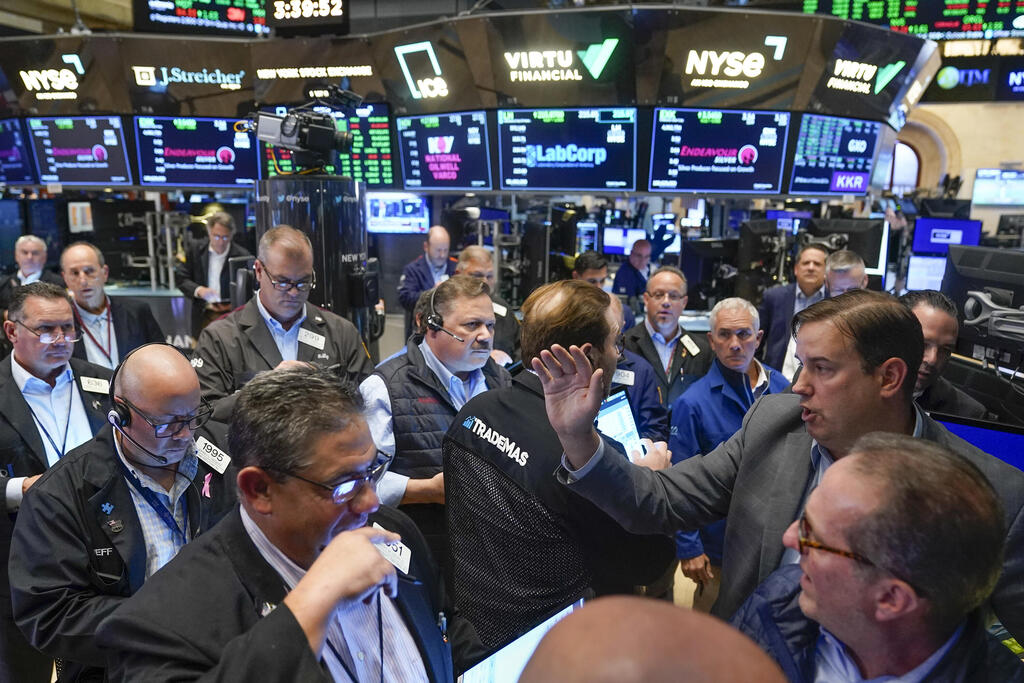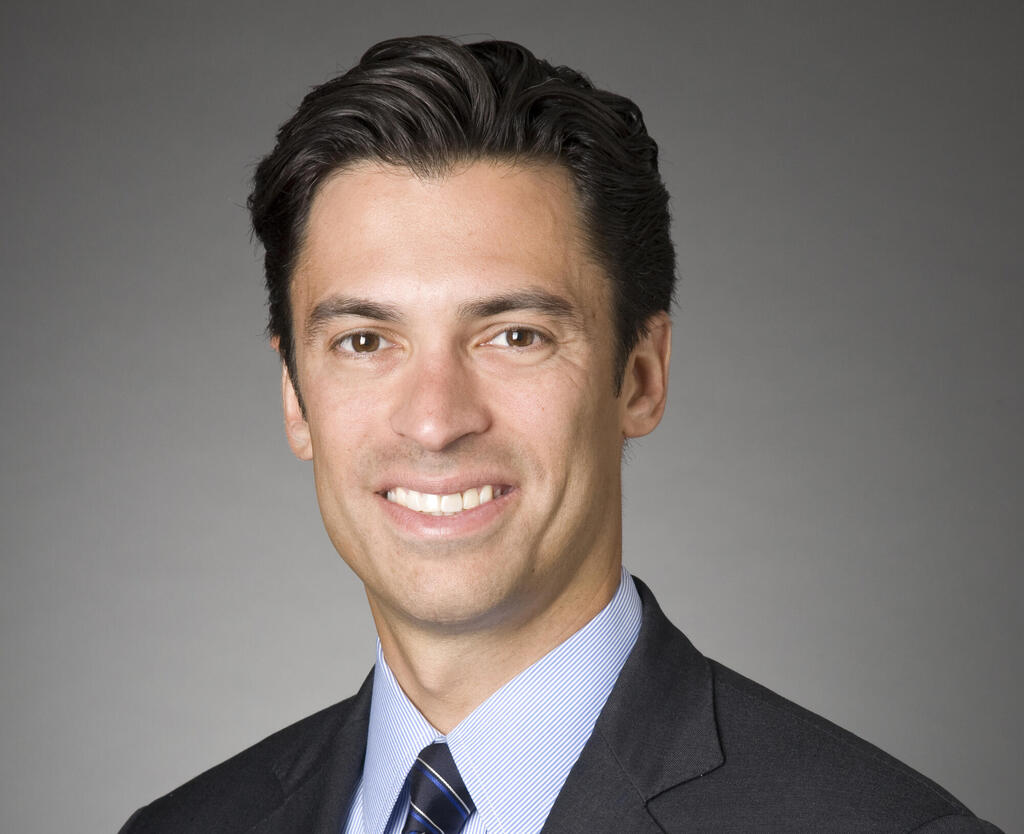
The SPACtivism Era: Why Wall Street wolves are collecting shares in young high-tech companies
Seasoned Wall Street traders are taking advantage of companies issued through SPACs, looking to make easy profits from mostly small and inexperienced tech companies
Wix, Stratasys, Ceragon, Kaltura – all these Israeli tech companies have already experienced, first hand, attempted takeovers or disruptions by an activist investor. These companies, however, were strong enough and have quite experienced management and boards to ensure they quickly addressed the appearance of the uninvited guests. The real ticking bomb, which can become one of the major stories of the capital market in 2023, is “SPACtivism” – a term that is gaining momentum on Wall Street and will very soon arrive in Israel as well.
The upheaval in tech shares created a fertile playground for activist investors, who were particularly bored in 2020 and 2021, when markets inflated to all-time peaks. Already in the first half of 2022, a sharp increase was noted in the activity of investors who seek to rock companies through purchasing packages of shares with the goal of making a nice profit quickly.
According to data from Barclays Investment Bank, the first half of the year saw 110 campaigns, i.e. attacks, on companies, compared with just 63 in the first half in 2021. The technology sector stands out, being the target of almost a third of the attacks. Barclays estimates that 2022 will end with more than 150 activist campaigns, similar to 2016-2018 which were relatively “violent” years with a small number of offerings and many investor wars.
2023, however, is expected to be far more dramatic, due to the inception of the new genre in this field: SPACtivism. According to Daniel Kerstein, Managing Director and Head of Strategic Finance at Barclays Investment Bank, companies that were issued through SPACs are the top priority. Already now, activist investors are involved in 15% of those companies, waiting for the right moment to attack. Kerstein’s estimation, shared by many other Wall Street players, is that this rate is about to leap.
“Many activist funds, from Starboard to Third Point were involved in SPACs when they identified the trend and realized the possibilities it holds,” Kerstein told Calalist.
Kerstein refers to the fact that many bodies that were traditionally engaged in activist investments saw that they can save the proxy struggles and emotional letters to boards of directors, and instead increase involvement in SPACs.
“In these situations, companies are more open to your proposals, and don’t reject them, they are not perceived as hostile.” Some of the Israeli companies themselves were lured into such transactions, and are now paying dearly, such as Talkspace, whose SPAC entrepreneur, Doug Braunstein, is a Wall Street veteran who never stopped the activity of his own private fund and continues to fight boards of directors. The entrepreneurs of Talkspace actually lost the company they founded to Braunstein, who kept the cash in the coffers as well as the business and a publicly traded company that could be a platform for activity in the capital market. In the case of Otonomo, another failing Israeli SPAC IPO, the SPAC entrepreneurs are not quintessentially sophisticated Wall Street investors, but Otonomo was in fact taken over by another company. After the extensive layoffs in the company, most of the remaining workers are originally employees of Floow, a British company that is currently the main source of Otonomo’s income. The company was purchased by Otonomo in early 2022 for $69 million, but it has in fact since become the new Otonomo.
This is but the beginning. Even in their most optimistic dreams, bargain-seekers and instigators of quarrels with boards of directors could not have imagined such abundance of young, vulnerable companies that will arrive in the market at the same time. Out of close to 200 companies that were issued through SPACs in 2021, less than 10% are traded above their offering price of $10. CNBC’s index for such companies shows a drop of 65% from the beginning of the year.
And yet, it is not just the decline in share price. There are also other features that make them such an attractive target. The prominent factor is a relatively large amount of cash in the coffers of these companies – in most cases, left over from the IPO. The second factor is the unrealistic forecasts given to SPAC investors prior to the issuance, which today make for the huge gap between expectations and reality, and bring the share price down. Another feature is inexperienced management, and often also directors, in these companies. In many of the cases, the issuance was made too early in the company’s life, when the challenges which managements are required to handle relate more to development and marketing, and less to dealing with experienced, seasoned Wall Street investors. The story of Pagaya has already demonstrated the power of short-traders’ activities, with the company going from being the highest-valued Israeli company to a candidate for the “worst share of the year.”
“Since we expect that technology companies in general, and SPACs in particular, will attract extensive activist activity in 2023, it will strongly project on Israel as well,” estimates Kerstein. “Towards the second quarter of the year, the capital market will begin to recover and funds will resume activity, being particularly interested in companies that are traded at a value of more than one billion and less than $10 billion. The main objectives of funds today are to promote management replacements and bring in more professional people to the companies, as well as M&As.
“Understanding what is happening in the market and preparing for such a scenario, is preferable. The board must be prepared. If you’ve already been attacked, there are still courses of action available, and proposals can be considered, other than those raised by the activist, leading to compromises. The difference between the company and the investor is mostly in perspective – the company is looking at the long term, while activist investors are interested in the short term,” explains Kerstein, who in his position advises companies under attack and also warns companies which he identifies as a potential target for such events.
Who are the main candidates to show up on the investors’ radar, and who would they find less interesting? “At the moment, there is a huge variety of companies that were floated too early and valued too high, but some companies are not suitable for activism. These investors are not experts in fixing companies, they just want to choose an interesting company that is traded below its real value.
For example, the many companies in the field of autonomous cars that were issued as SPACs (including many Israeli representatives e.g., Innoviz, Arbe and REE) are not ideal candidates because the business is complicated and there are no opportunities to unlock value quickly. They also burn a lot of money, quickly, so it would be more accurate to finance them through the private, rather than the public, market. “The group generating the highest interest is companies where it is easier to understand what they develop, which are not priced by the market and where management replacement can be promoted or the sale to a larger company or another investment fund,” Kerstein added.
For now, 24 companies that were issued as SPACs were attacked this year by activist funds and 17 others were targeted by short-trader groups. Kerstein estimates that the slight curtailment of investors’ activity in the last year was due to high market volatility on the one hand, and low liquidity of companies that were issued through a merger with a SPAC on the other hand. These two barriers will be removed next year, according to him, if the lock-up periods on shares of newly issued companies are ended and the markets begin to stabilize.















